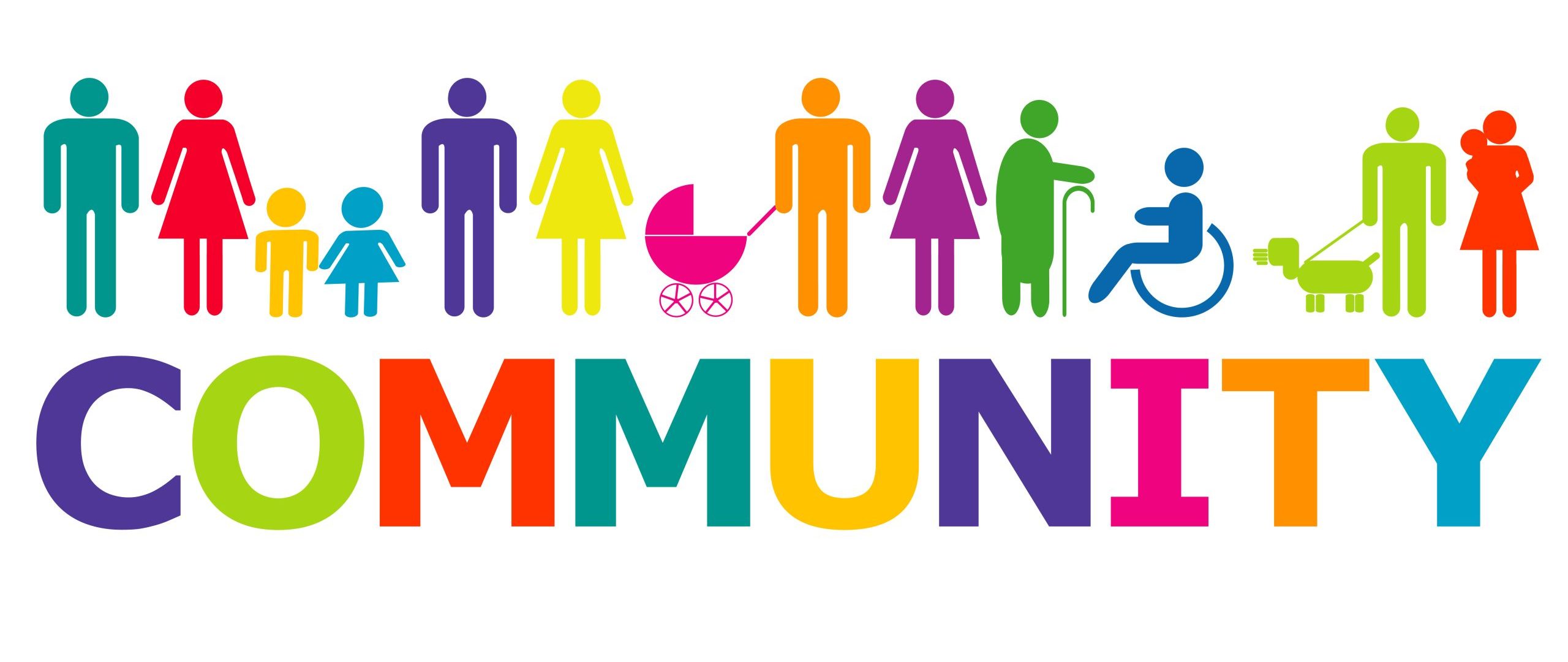Why Health System Innovation Needs Creativity, Not More Scale-Up
ICE Updates | 18 - 11 - 2025
Health system innovation has become an urgent priority for England, and the NHS Long Term Plan, paired with the new £85 million Innovate UK competition, makes one thing clear: we cannot solve today’s pressures with yesterday’s thinking. Rising demand, workforce shortages, and widening inequalities are pushing the system to its breaking point.
This moment requires genuine creativity, not more scale-up of what already exists.
Innovation funding provides an important catalyst, but real transformation will only happen when we design fundamentally new ways of supporting people, communities, and systems. Incremental improvements and efficiency gains have reached their limit.
To reshape outcomes and build resilience, the next era of health system innovation must challenge assumptions, embrace experimentation, and redesign care models around human needs rather than institutional processes.

Why ICBs Are Central to Health System Innovation
Integrated Care Boards are uniquely placed to drive the next wave of health system innovation.
By bringing together the NHS, local authorities, voluntary and community partners, ICBs create the right conditions for experimentation, managed risk, and fast learning. Their strength lies in their ability to co-create change that is:
-
Human-centred – designed with citizens, not imposed upon them
-
Evidence-informed – built on behavioural insight, lived experience, and data
-
Genuinely innovative – reimagining prevention, access, and personalised support
For innovation to take root, integration must go beyond structural alignment. It must unlock collaboration, exploration, and creativity at system, organisational, and community levels.

Person-Centred Integration: ICE’s Perspective on Health System Innovation
At ICE, we believe the future of health system innovation lies in a deep shift towards Person-centred design.
True integration isn’t about merging structures; it’s about meeting people where they are and supporting them with the same focus and precision a performance coach would offer.
Our approach brings this vision to life through:
-
Integrated Approach – personalised, high-focus support that builds skills, confidence, and personal agency.
-
Adaptive Digital + AI Platforms (like Best-You.org) – tailoring health journeys to each person’s data, preferences, and changing circumstances.
-
Behavioural insight woven into every step – ensuring interventions feel human, relevant, and achievable.
This isn’t one-size-fits-all health improvement. It’s a living, adaptive, human-centred model that grows and evolves with each individual.
When embedded into local systems, it reduces inequality, improves experiences, and moves services from static structures to responsive, personalised care ecosystems.

Creativity Must Drive Health System Innovation
If this £85 million investment becomes simply a scaling fund for familiar ideas, its impact will be modest and short-lived. To deliver meaningful, measurable change, innovation must demonstrate improvements in:
-
Health inequalities
-
Citizen and patient experience
-
System resilience and sustainability
Success hinges on creativity, courage, and purposeful collaboration.
Incremental improvements will not close the widening gap in outcomes. Only truly transformative, citizen-driven health system innovation will deliver the shift England needs.
Want to explore the themes in this article? Get in touch here.
Thanks for reading,
Stuart Jackson



